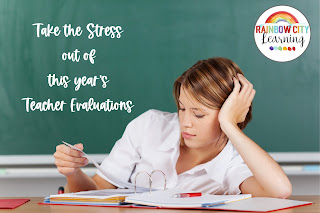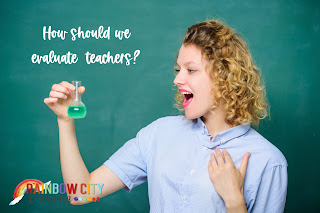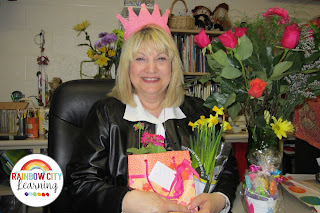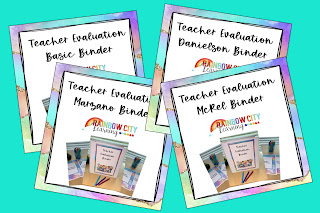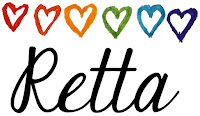Why do we have teacher evaluations?
Teacher evaluations have our best interest at heart. Really. They keep us accountable, encourage us to improve our practice, and can impact student achievement in many positive ways. Without some kind of teacher evaluation system in place, we certainly wouldn't be trusted as much as educators, and professional growth might be more limited.
I started teaching long, long ago, in a galaxy far away.... and even there, we had teacher evaluations. They were more on the order of thank you notes though, and not very helpful in improving my practice. The principal would drop in once or twice per year, observe a carefully prepared lesson, and go back to the office to write up the report on how lucky they were to have a teacher as amazing as I was. Complimentary, but not helpful. Not realistic either. The walk through checklists didn't do much to add value to the situation either.
How should we evaluate teachers?
Teachers ourselves can do so much to improve the process and value of teacher evaluations. Of course, we can't expect to be the sole evaluators of our progress. That method would be so dependent on self-concept, and likely not based in reality. The administrator or coach who is tasked with evaluations is a necessary part of the process. The skill level of that administrator, and their understanding of the ratings system can skew the results just as much as an inexperienced teacher can have a skewed self-evaluation. And then there's the outer circle of your evaluators - the students, their families, and the wider community. I can't, off the top of my head, think of another profession that is judged so frequently and often so harshly by the general public.
Is there a way to make teacher evaluations more meaningful?
A favorite principal of mine told me more than once, "I like people to do things WITH me, not TO me." Words of wisdom for teaching, and for life. I like to learn WITH my students rather than just teaching TO them. If your district is considering a new curriculum adoption, join the committee that is researching it. If you are about to be evaluated using a newly developed system, or even one that might not be completely understood both by you and by your evaluator, why not get involved at every level?
What makes a great teacher?
My students will tell you it's all about the picture above! Couldn't resist!
Although they differ in complexity and detail, most teacher evaluation systems include the following components:
- The learning environment
- Student achievement and growth
- Student access to learning and differentiation
- Relationships with students and colleagues
- Professional membership, involvement, and responsibilities
- Professional development activities
- Samples of student work
I left that first evaluation conference with sadness and an average rating, but with a plan developing. I felt that it was an event that had happened TO me, not WITH me. My plan was to arrive armed with artifacts and data next time. I put a binder together and started to collect classroom artifacts, photos, student samples, parent testimonials, and testing data. I made dividers for each section, and when I thought I needed an additional section, I added a new divider. I included before and after work samples from students at three levels: struggling, on grade level, and working above grade level. The winds of evaluation had changed, and resting on my laurels was of no use going forward.
The dog and pony show carefully designed lesson was no longer necessary because I had many other examples of my excellent practice right in that binder. My next evaluation observation was a "come whenever" rather than an officially scheduled one, and I scheduled my next evaluation conference for the very last after school session. I was going to need some extra time to present aaalllll of my evidence!
The pencil still hovered on the continuum, but with each succeeding conference, I got closer to my goal, which of course was the highest rating. I know that's your goal also! The principal learned to schedule my conference as the last one, and that dinner would be late that night.
As you prepare to start the new school year, after the stress so many teachers worked through last year, I hope you will take teacher evaluations off the list of stressors. Put your binder together, and start collecting your evidence from Day 1. You are already a great teacher no doubt, and concrete evidence in your hands will give you added confidence and will prove the wonderfulness of you!
Binder covers and inserts, both general and specific to the Marzano, McRel, and Danielson approaches can be found here, to make your task of set up even easier! Just click on the image below, and make your teaching life so much easier!
BIG NEWS!
If I can do anything else to help make your job easier this year, please let me know in the comments below! If I use your idea for a new blog post, you will win a TpT $10 gift card. If I create a new resource for Rainbow City Learning based on your idea, you will win a free copy of that resource to use in your classroom! (Note: all comments are reviewed before appearing on my blog. It may take a few hours for your comment to appear! Thanks for your patience!)

